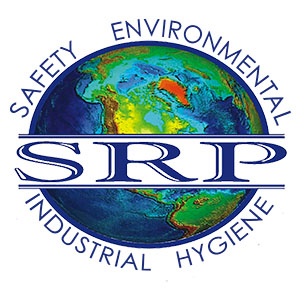We have all seen the horrific images of hands or feet shredded to the bone and fingers long gone. Don’t worry we will spare you the gruesome pictures and details. Workers, both new and existing, get their limbs caught in machinery due to lack of training, lack of machine guards or employee carelessness. Lockout Tagout procedures and policies is an integral part in providing a safe workplace and controlling potentially hazardous energy. A fully implemented lockout tagout program can reduce the risk for injuries, including amputations.

Recently OSHA fined a plastic manufacturer $42,000 related to lockout ragout and injury/illness reporting standards. A worker got his thumb caught while operating a plastic blow molding press. The mold crushed his thumb as it closed, thus the worker had his thumb amputated. To make matters worse, the manufacturer failed to notify OSHA of the injury in a timely manner.
The company was fined for:
- Failure to report a hospitalization injury to OSHA within 24 hours. Under the OSHA Injury and Illness Recordkeeping and Reporting Standard, employers must report any worker fatality within 8 hours and any amputation, loss of an eye, or hospitalization of a worker within 24 hours.
- Failure to provide adequate guard machine operations. Under OSHA 1910 Subpart O, methods of machine guarding is to be provided to protect the operator and other employees in the machine area from hazards including those created by point of operation, ingoing nip points, rotating parts, flying chips and sparks. Common machines that require guarding are power presses, power saws, milling machines, power saws, shears and portable tools.
- Failure to implement and train employees on proper lockout tagout procedures. Under the OSHA Lockout Tagout standard, employers are to properly train employees on the lockout tagout procedures, types energy sources and when locks and tags are to be used. Additionally, employees are to be retrained whenever there is a change in their job assignments, a change in machines, equipment or processes that present a new hazard, or when there is a change in the energy control procedures. Employers are required to review their Energy Control Program annually.
Are you in compliance? If you have questions about employee training or company safety policies, contact an SRP Safety Consultant at (318) 222-2364. SRP has seven convenient locations in Charlotte, Dallas, Denver, Midland, Honolulu, Shreveport and Pittsburgh.
 ">
">

 ">
">
 ">
">